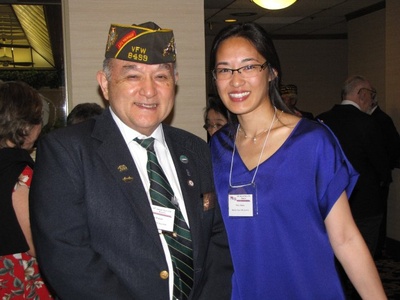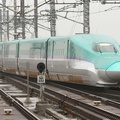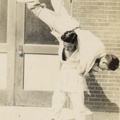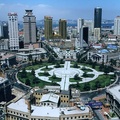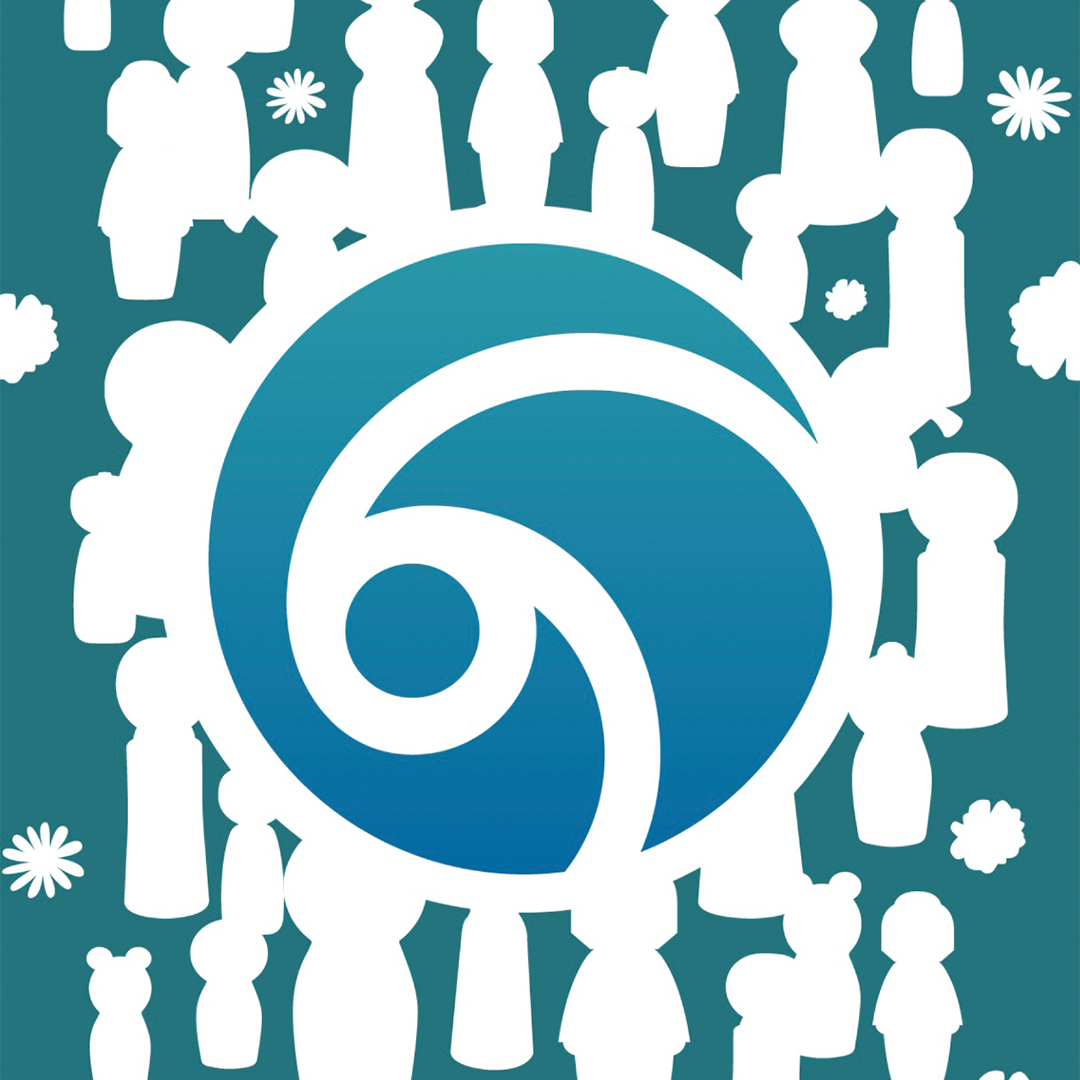>>Part 2
Trauma must not be forgotten
It is well known in the United States that those who have served in the military suffer from serious psychosomatic disorders. In particular, I think it is a well-known fact that many Americans who have been involved in recent military actions in Iraq and Afghanistan suffer from trauma caused by the war. I believe this is exactly the same for Japanese Americans. Japanese Americans who have served in the military also suffer from trauma caused by the war.
I could not help but express my shock when I heard from a second-generation Japanese-American veteran that he was still suffering from the trauma caused by the loss of his comrades in arms. In the history of Japanese-American military service, the glorious achievements of the Japanese-Americans are the subject of discussion and learning, but behind this is the reality of Japanese-Americans who are suffering from the shock and trauma caused by the death of their comrades and the horrors of combat.
One of the reasons this fact is not widely known is that Asian and Oceanian Americans, including Japanese Americans, have been labeled as the model minority in American society, which has led to negative images of Japanese Americans becoming a "blind spot."
To reevaluate
In the history of Japanese Americans serving in the military, a very interesting event occurred during the Clinton administration. It was a reevaluation of the war record of Japanese Americans. As a result of a debate on whether the previous evaluation of the war record of Japanese Americans was appropriate, 21 Japanese Americans, including Senator Daniel Inouye and the aforementioned Mr. Tanouye, were awarded the Medal of Honor (including those who died in battle). This was a great achievement. In fact, up until that point, the only Japanese American who had served in the military to receive the Medal of Honor was Mr. Sadao Munemori. Mr. Munemori and his family were interned at Manzanar, but he joined the Army and joined the 442nd Combat Team, and like Mr. Tanouye, he met a tragic end on the European front.
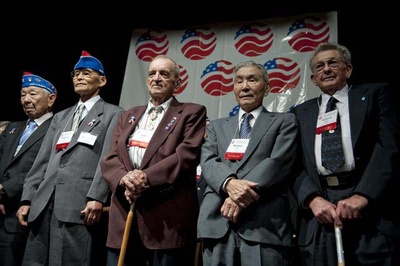
U.S. Army veterans from the 141st Infantry Regiment and the 442nd Regimental Combat Team stand during the 65th Anniversary Tribute dinner for the veterans of the Rescue of the Lost Battalion in Houston, Texas, Nov. 1, 2009. (Photo from DefenceImagery.mil - DoD Imagery)
crack
Finally, regarding the US military actions in Iraq, I would like to introduce the case of Arlen Watada, a Japanese-American from Hawaii who was an army officer and refused to be sent to Iraq. Watada questioned the legality and legitimacy of the various military actions being taken in Iraq, and after much deliberation, refused to be sent. This so-called Watada controversy created a huge rift among many Japanese-Americans who had served in past wars involving the US. Some people showed a certain degree of understanding of Watada's judgment but criticized him, while others strongly asserted that "it is a disgrace to the country!" and thoroughly condemned him. Even today, there is still much debate about the legality and legitimacy of the US military actions in Iraq, but I believe that Watada expressed his views on this by refusing to send troops.
When you're driving on the highway...
The interchange where the 405 and 105 freeways that run through the city of Los Angeles meet is named after this interchange.
Sadao S. Munemori Memorial Interchange (World War II Medal of Honor recipient)
I can learn about the history of Japanese Americans serving in the war in places close to home, but it seems that this is not well known to many people. When I was driving through here, I strangely felt my back straighten up.
in conclusion
I joined JA Living Legacy after being invited by Uemura-san, and that was the beginning of my meeting with Japanese Americans who had served in the military. Whenever I visit Los Angeles or Orange County, I always try to meet with Japanese Americans who had served in the military. Through their oral histories, I came to understand that the history of military service is extremely important to Japanese American history. I think we should never forget that it was through the efforts of each and every Japanese American who had served in the military that Japanese Americans gained great credibility in American society.
For many Japanese living in today's peaceful society, the military service of Japanese Americans is one of the most difficult parts of Japanese American history to understand. By participating in the war and shedding a lot of blood, Japanese Americans won justice. U.S. President Harry Truman praised the Japanese American troops, saying, "You fought not only the enemy but also prejudice, and you won."
So how can Japanese people understand the wartime experiences of Japanese Americans? First of all, it would be a good idea to participate in the reunions for Japanese American veterans that are held periodically. For Japanese people, it may seem like a very intimidating event, but by listening to the "real" voices of Japanese Americans who served in the war, you can learn about the actual history. Also, some Japanese Americans who served in the war speak Japanese, and some of them love to talk about their experiences. It's a place where you can gain a better understanding of Japanese American history, so I highly recommend participating.
For information on dates of reunions and other veteran-related events, you can contact JA Living Legacy or JAVA (Japanese American Veteran Association), an organization for Japanese American veterans.
JA Living Legacy (info@jalivinglegacy.org)
JAVA ( http://www.javadc.org )
© 2010 Takamichi Go


